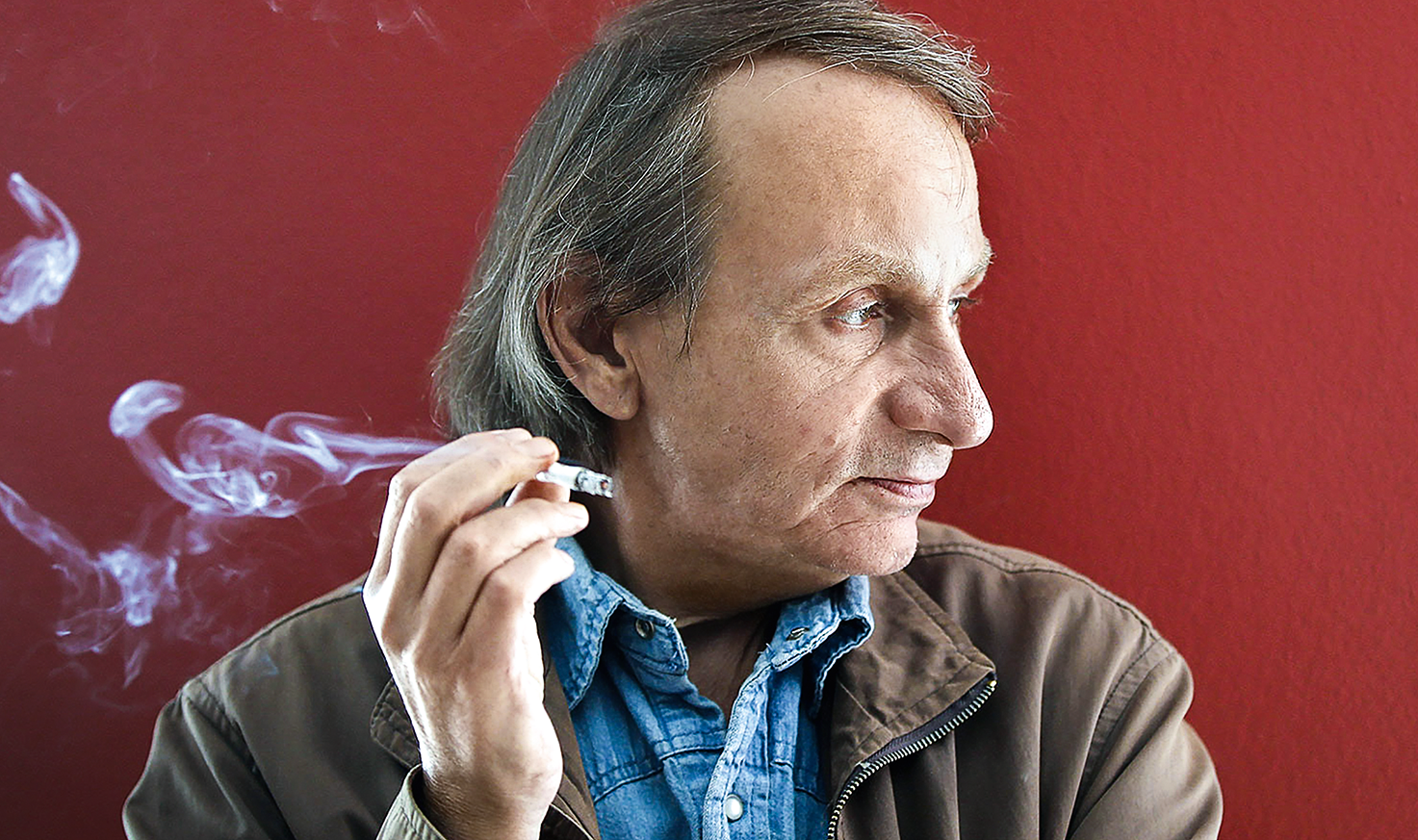This week’s long read pick comes from Age of Entitlement author Christopher Caldwell, who reviews the work of French author Michel Houellebecq for Commentary magazine. Houellebecq, he avers, is unlike other authors because he has continued to write novels from within a culture whose founding premises make novel-writing difficult:
Caldwell reads Houellebecq’s opus as an exploration of this disintegration, across themes such as tourism, compulsive sexuality, science and art. His characters are aimless hedonists, lost sex addicts and the philosophically lost. Caldwell sees him as one of the first writers to draw parallels between the moral liberalism unleashed by the 1960s sexual revolution and the globalising economic variety:
Caldwell tracks Houellebecq’s exploration of these themes from his first book in 1994 through to his most well-known, Submission, which charts an ‘alternative present’ in which France elects an Islamist government and its secular denizens gradually accede to the imposition of theocracy. This trajectory is read by Caldwell as Houellebecq ‘moving in a direction that could unambiguously be called right-wing.’
But in Submission, Houellebecq sets the slowly surrendering liberal establishment against the equally unappealing antics of populist extremists. Neither are seen as particularly worthy of admiration. The author is less taking sides with either one or the other; he is exploring the polarised reactions of a culture that has lost its moral centre to the arrival of a competing worldview confidently certain of its own. In this he could more legitimately be described as post-liberal than Right-wing.
And as is often the case with post-liberal perspectives, he finds it easier to advance a critique of where we are than to imagine where we might go next. While Houellebecq’s analysis of the disintegratory forces of social and economic liberalism is well-developed, he is unable to formulate an alternative and more nourishing narrative. This is in part due to the nature of the malaise:











Join the discussion
Join like minded readers that support our journalism by becoming a paid subscriber
To join the discussion in the comments, become a paid subscriber.
Join like minded readers that support our journalism, read unlimited articles and enjoy other subscriber-only benefits.
Subscribe